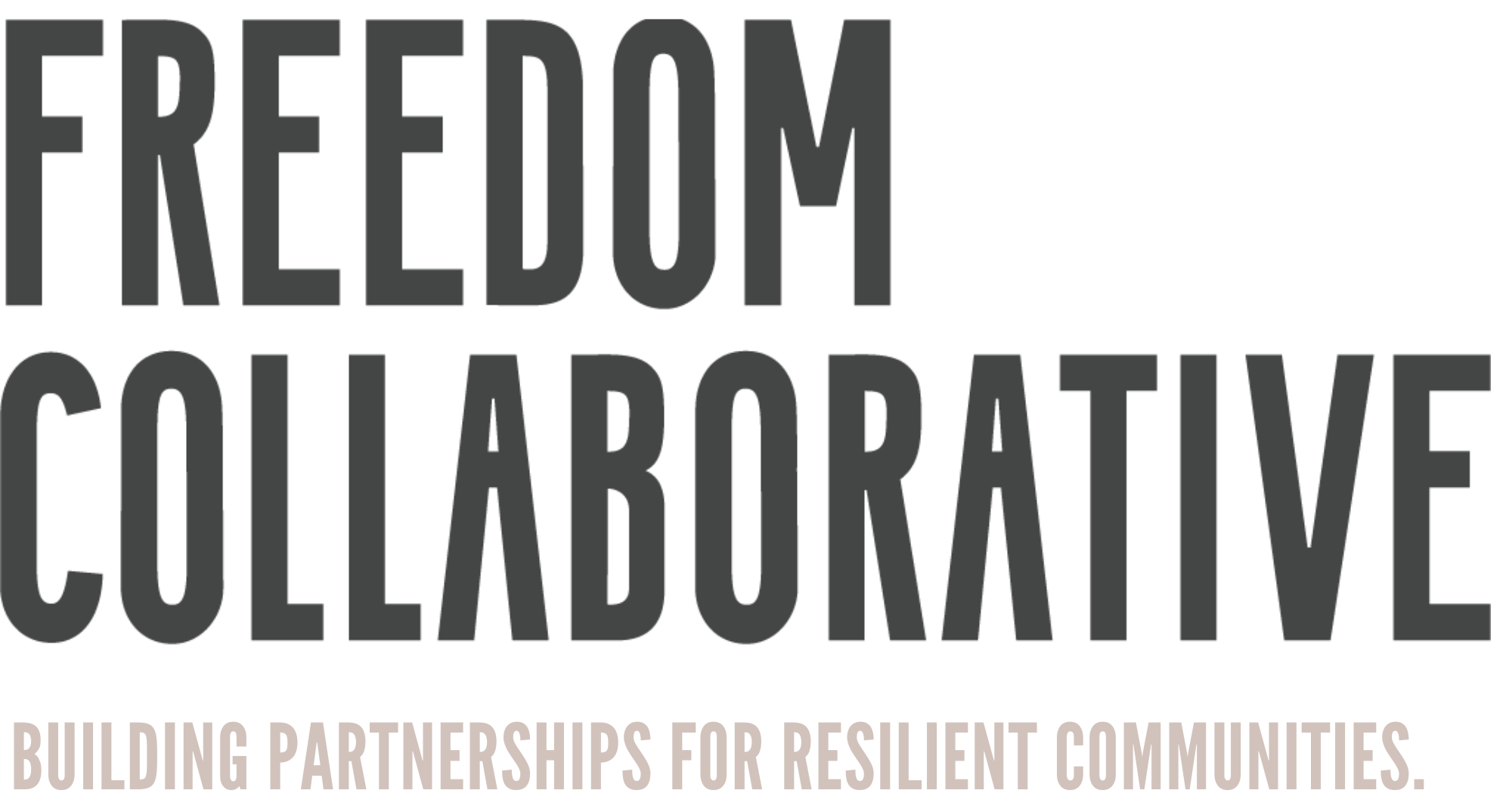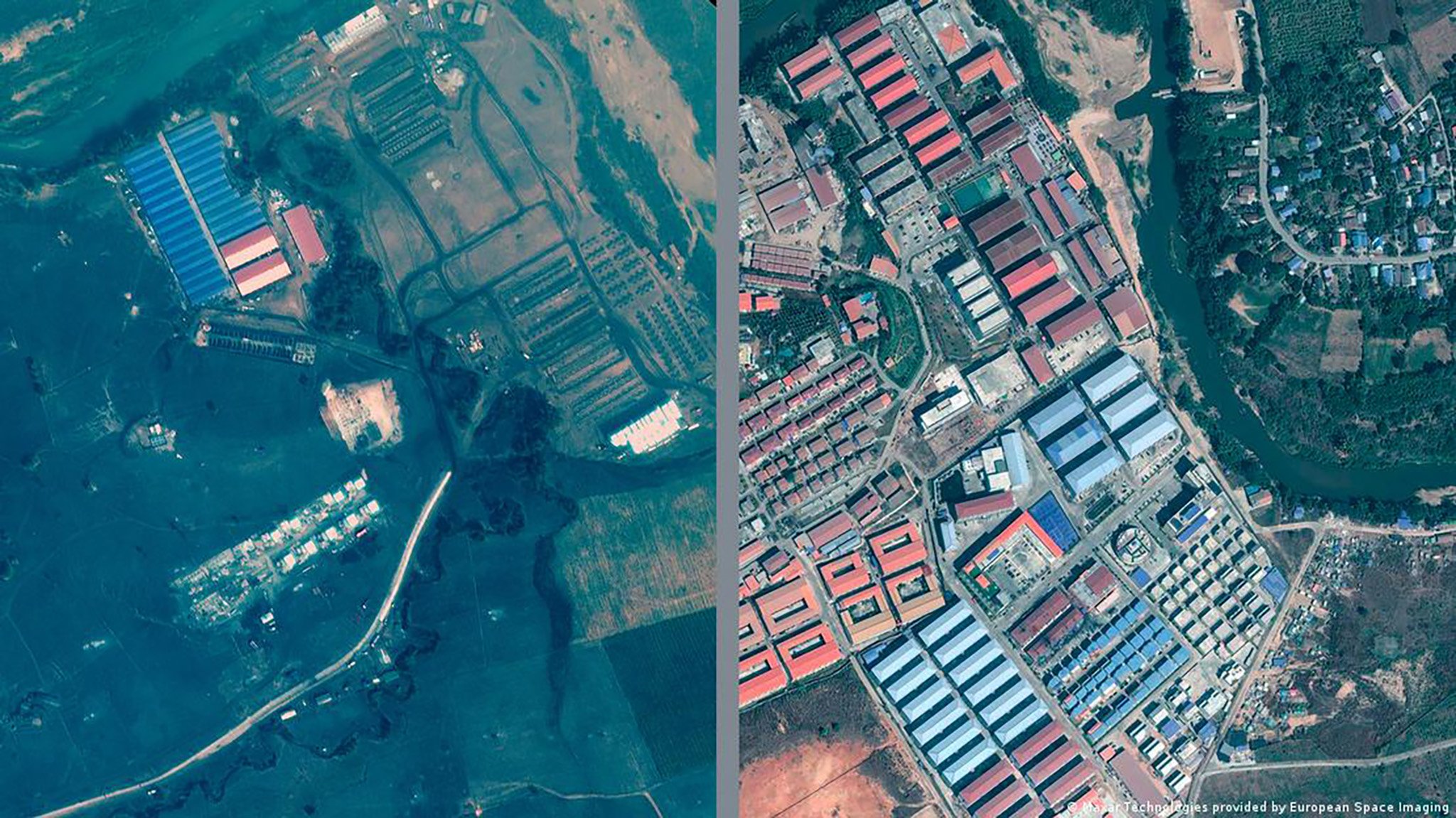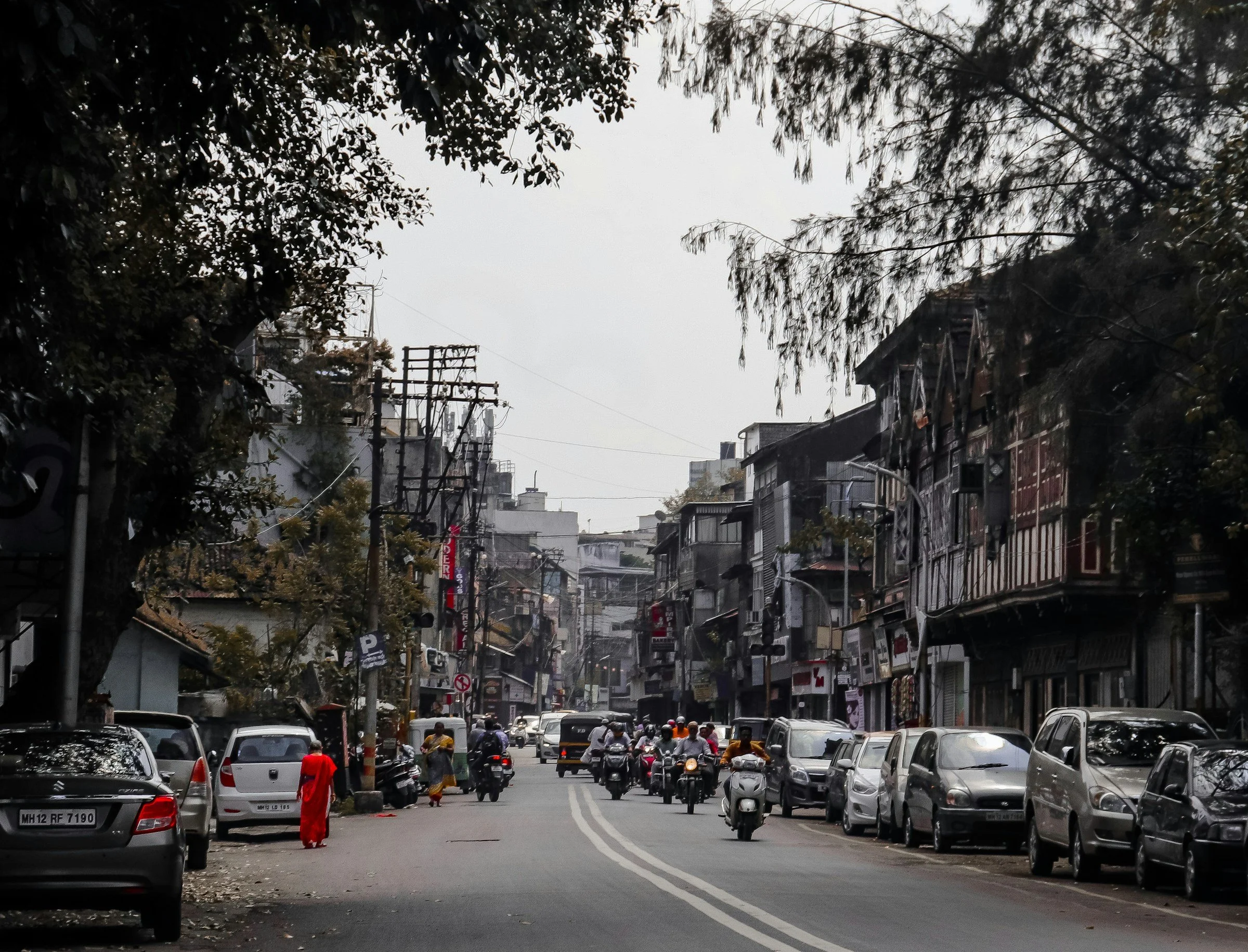Lao non-governmental stakeholders contribute specialized local data to strengthen the anti-trafficking evidence base
Non-governmental stakeholders in Laos have started to share up-to-date information as part of data aggregation efforts, helping to build a collective base of evidence on human trafficking and unsafe migration routes for more tailored programs and policies.
Non-governmental organizations and international organizations (NGOs/IOs) in Laos play a key role in protecting and upholding the rights of vulnerable migrants, advocating for improved policies and procedures to ensure safe migration and counter trafficking and exploitation. They bear witness to realities on the ground and can provide specialized local data and knowledge of current trends. However, access to data is piecemeal and limited, and collected data is not systematized, hampering NGOs in their efforts. They would benefit highly from shared access to a structured, collective repository of data, which would promote better analysis, more strategic decision-making and strengthen the legitimacy of advocates' claims.
To facilitate data aggregation efforts, USAID Laos CTIP, in partnership with USAID Asia CTIP and Freedom Collaborative, hosted a one-day workshop in March in Vientiane Capital, which gave NGOs/IOs the opportunity to contribute and share their data on human trafficking and exploitation activities and harness collective knowledge to capture the complexity of vulnerabilities and movement. Participants gathered to share relevant data on locations, routes and contextual information from recent cases, and analyze the dynamics of human trafficking and exploitation in relation to Laos as a country of both origin and destination. This collection of data will help NGOs/IOs understand problems more clearly, design better interventions, and facilitate the sharing of lessons with others.
Data collection is particularly important in Laos, given the rise of new patterns of trafficking as it evolves from an origin country to also become a destination country. The cases of online scamming in Special Economic Zones in the Golden Triangle, particularly in the Bokeo province, call for urgent attention. As crime organizers continue operations despite punitive efforts such as sanctions, regional experience shows that coordinated action between government agencies, NGOs, and international organizations is required to combat them. Collecting credible data from Laos can help promote coordinated action through effective documentation of the scale and dynamics of forced online scamming across the region. It can also help raise these issues’ prominence on the agenda and ensure they are recognized as significant problems requiring a response.
According to Winrock International, any initial concerns about whether or not participants would be prepared to share data were swiftly allayed, and the host team was encouraged by how keen everyone was to enter information using the online application. Feedback from participants suggested that the application and questions created by Freedom Collaborative were adaptable to the local context and that having a safe environment comprising non-governmental stakeholders and the existing USAID Laos CTIP network contributed to their willingness to share. Moreover, seeing case studies from other countries and visualizing the fresh data they had just entered during the workshop helped participants to see the benefits of collaborative data gathering. Winrock’s hope is that the results can be shared with a wider audience and motivate them to also contribute, so that the data would have enhanced relevance and maximal usage for advocacy, as well as be a timely intervention for counter-trafficking in persons efforts. Participants also mentioned the benefits of meeting and networking with other groups dealing with similar cases, and of seeking advice from each other.
Freedom Collaborative and USAID Asia CTIP have worked on supporting civil society groups operating in Asia since 2018 in increasing their access to shared data on human trafficking, in order to improve their strategic decision-making and advocacy efforts. NGOs have real expertise rooted in their contexts and constituents, and we are committed to harnessing this knowledge collectively to enhance their legitimacy, improve their representation in policy processes, facilitate coordinated responses, and ensure that policy decisions are more informed by relevant evidence so that everyone’s work is more effective.
For Laos, a forthcoming data report will highlight this knowledge and expertise gathered from these local NGOs to be shared with funders, the government and other partners to support advocacy initiatives. We are also seeking to work with partners across the region to capture information on forced online scamming to complement the data collected in Laos and create a regional overview. If you are interested in participating, please get in touch.
Have You Considered…?
A randomized, controlled trial of 793 university men in Vietnam was used to test the efficacy of a sexual violence prevention program aimed at changing sexually violent behavior toward women and improving prosocial bystander behaviors. The program addressed factors including: knowledge about sexual consent, skills to intervene safely, misperceptions of norms about sexual violence and rape, skills in sexual communication, and empathy for the victims of sexual violence. At six months after intervention, those who had received the training intervened more often and engaged in less sexual violence. They showed greater knowledge about sexual assault and elements of consent, lower adherence to rape myths or negatives attitudes and greater empathy for rape victims. While sexual violence prevention programs are not a new intervention, they may be underused in the Asia region. Developing more culturally grounded programs aimed at preventing men from engaging in sexual violence or standing by as witness can help broaden existing prevention programs.
Share your news
Post your experiences from the field and initiatives to feature





